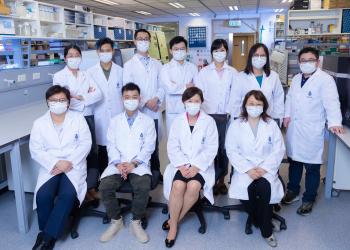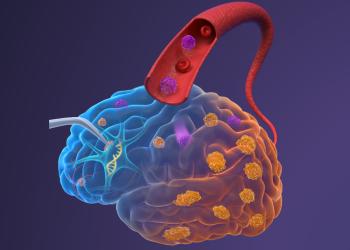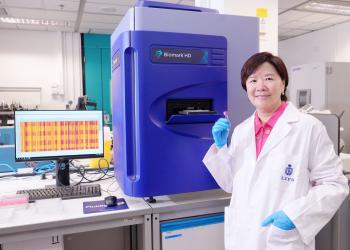News & Stories
2022
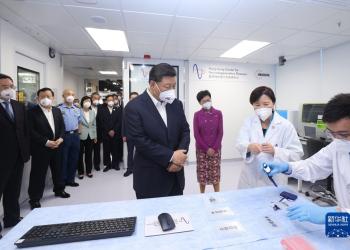
News
President Xi Visits HKUST’s Hong Kong Center for Neurodegenerative Diseases
President XI Jinping made an official visit to the Hong Kong Center for Neurodegenerative Diseases (HKCeND) at the Hong Kong Science and Technology Park yesterday in the company of officials from the Central Government and the HKSAR Government. Prof. Nancy IP, Director of HKCeND and The Morningside Professor of Life Science at The Hong Kong University of Science and Technology (HKUST), introduced President Xi to the key research projects and outcomes of the Center, including a simple blood test for early detection and classification of Alzheimer’s disease (AD) and related stem cell research.
News
HKUST Pushes Forward Research on Early Diagnostics and Gene Therapy for Neurodegenerative Diseases
Researchers at the Hong Kong Center for Neurodegenerative Diseases (HKCeND), founded by The Hong Kong University of Science and Technology (HKUST), have made promising breakthroughs in early diagnosis and therapeutic treatment of Alzheimer’s disease (AD) that have the potential to transform disease management. The team has established advanced biomarker discovery platforms, identified new blood-based biomarkers, and created an innovative artificial intelligence-based scoring system that enables risk prediction, early detection, and classification of AD. Furthermore, the team has successfully developed a gene therapy strategy as a novel therapeutic treatment for AD.
2021
2020
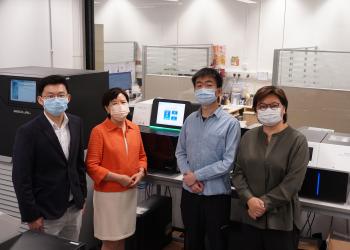
News
HKUST Scientists Make Breakthrough Discovery of New Therapeutic Targets for Alzheimer’s Disease
Researchers at the Hong Kong University of Science and Technology (HKUST) have identified new therapeutic targets for Alzheimer’s disease (AD) by studying the patients’ brain with a newly-developed methodology. This novel approach also enables researchers to measure the effects of potential drugs on AD patients, opening new directions for AD research and drug development.
News
Deep-brain Imaging at Synaptic Resolution Made Possible with Adaptive Optics Two-photon Endomicroscopy
The ability to undertake in vivo imaging of a living brain in a mammalian animal model is crucial for elucidating how the brain functions. However, the brain consists of tens of billions of neurons, each connected with thousands of others via synapses, the sites of communication between neurons that allows transmission of information. Thus, to truly understand the dynamics of neuronal synaptic interactions, the capacity for morphological and functional imaging of the brain at high spatial and temporal resolution is required.
2019
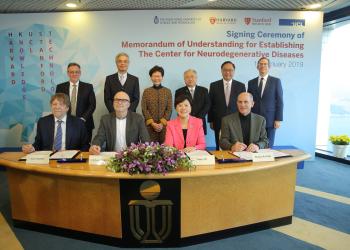
News
Fighting Neurodegenerative Diseases
The Hong Kong University of Science and Technology (HKUST) signed a landmark Memorandum of Understanding (MoU) together with Boston Children’s Hospital – a Harvard Medical School Teaching Hospital (Harvard), the Paul F. Glenn Center for the Biology of Aging at Stanford University School of Medicine (Stanford), and University College London (UCL) today, signifying a partnership to engage in advanced translational neuroscience research.
The momentous occasion was witnessed by The Hon Mrs. Carrie LAM Cheng Yuet-Ngor, Chief Executive of the Hong Kong Special Administrative Region (HKSAR); Mr. Andrew LIAO Cheung-Sing, Council Chairman of HKUST; Prof. Wei SHYY, President of HKUST; Mr. Nicholas W YANG, Secretary for Innovation and Technology; and diplomatic representatives including Mr. Andrew HEYN, British Consul General in Hong Kong.







